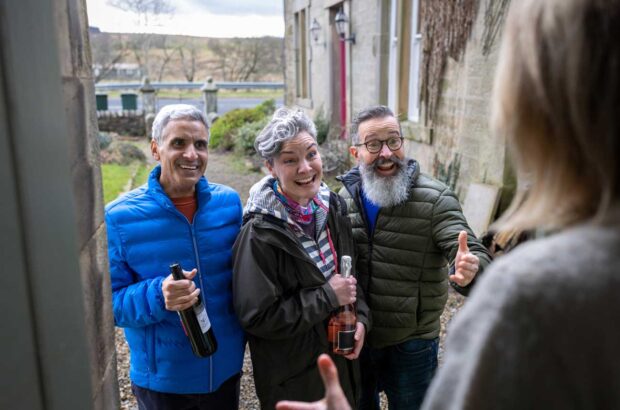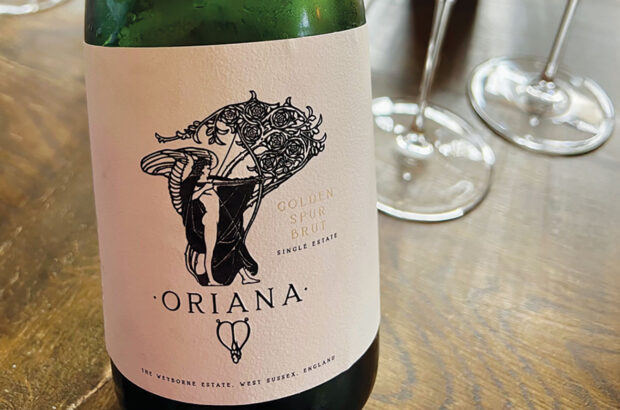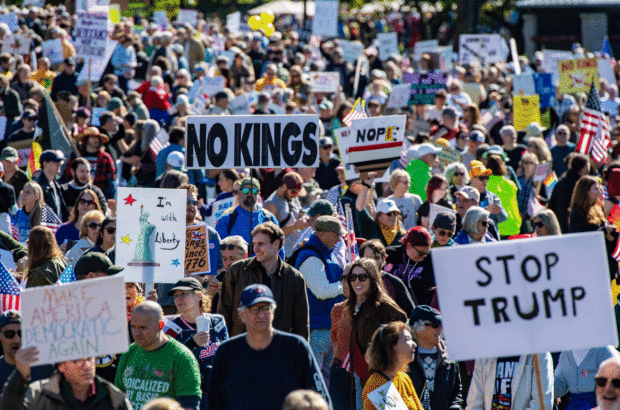An anti-drinking campaign aimed specifically at women is launched in the UK this spring.
The £10m campaign promotes awareness of the alcohol units in standard drinks while warning women about health hazards of excessive drinking.
‘The health warnings will be quite stark and they need to be quite stark,’ public health minister Dawn Primarolo told the Guardian newspaper.
‘I’m concerned that a lot of women are drinking much more than they think they are and that it’s hurting them in terms of their health.’
The campaign demonstrates that a glass of wine does not necessarily count as one unit. Under new government recommendations, a small glass (125ml) counts as 1.5 units, but a medium glass (175ml) as two units.
‘These are women who may think that one glass of wine equals one unit. But with the increased strength of wine and large size of glasses these days, it could be anything from one and a half units up to three and a half units, if it’s a large glass of Rioja,’ Primarolo said.
The move comes after the National Office of Statistics revealed in January that the number of alcohol-related deaths more than doubled in the UK between 1991-2006.
In light of official data, however, it is unclear whether women should be the main focus group of the new campaign. According to the ONS, male death rate at 18.3 per 100,000 population was more than twice the rate for females in 2006.
Men also continue to drink far more than women. In 2006, men drank an average of 18.7 units per week as compared to 9.0 units for women.
The official recommendations are 14 units for women and 21 units for men.
A spokeswoman insisted to the Guardian newspaper it wanted to stay open later because it sometimes hosted weddings. ‘We have had issues before when people have decided not to hold weddings at the BMA because of an early licence.’
Written by Jo Iivonen





